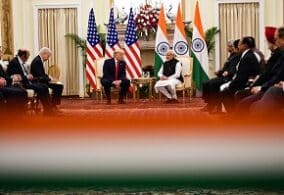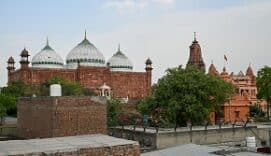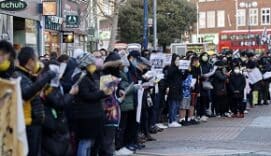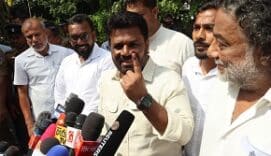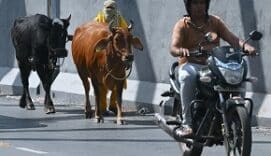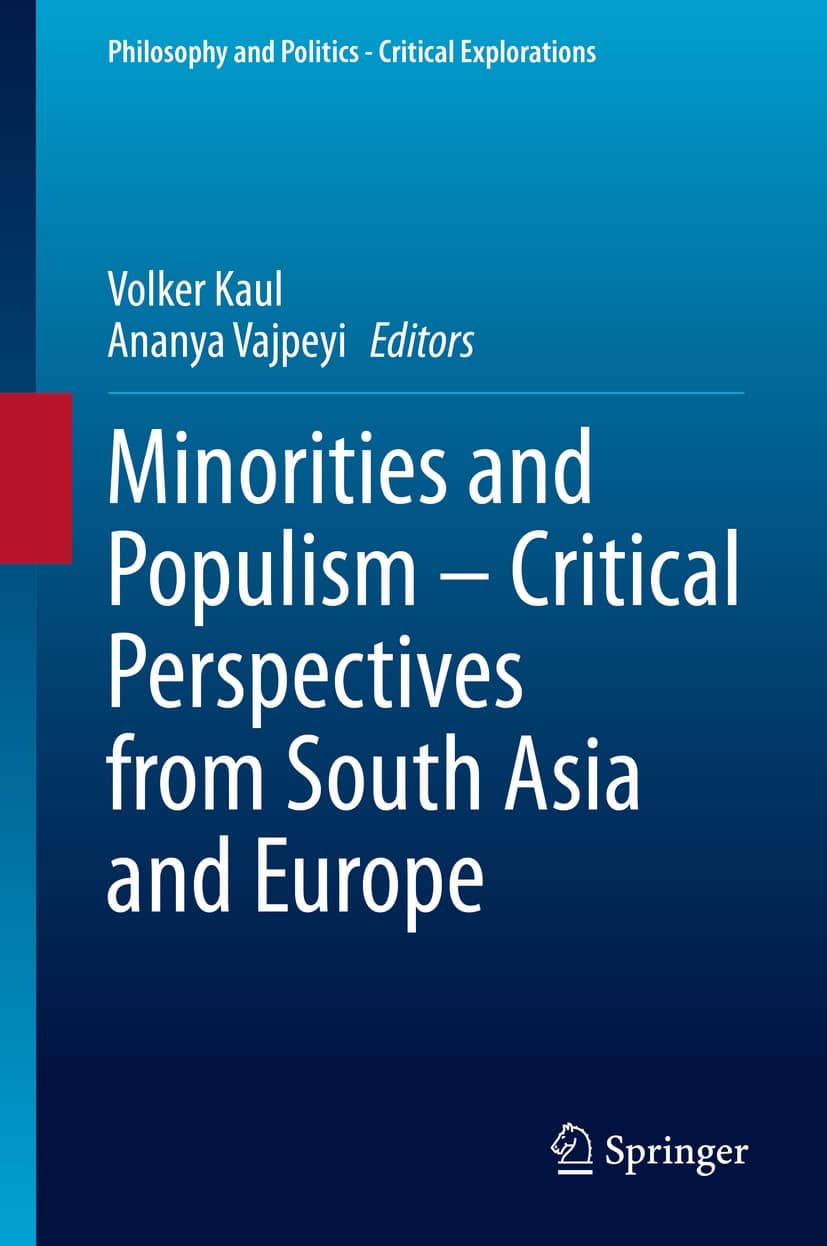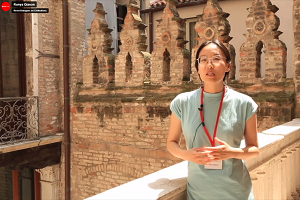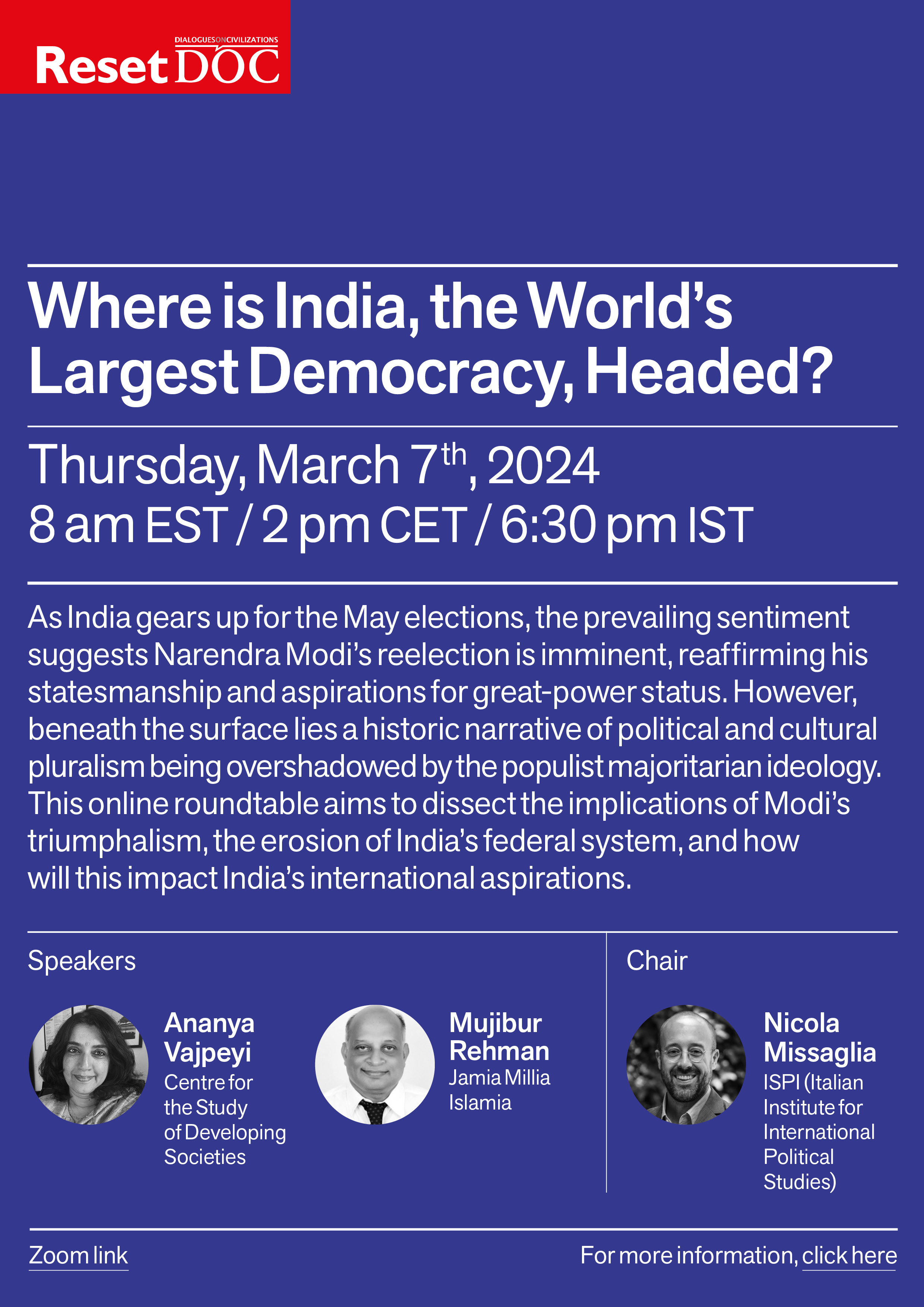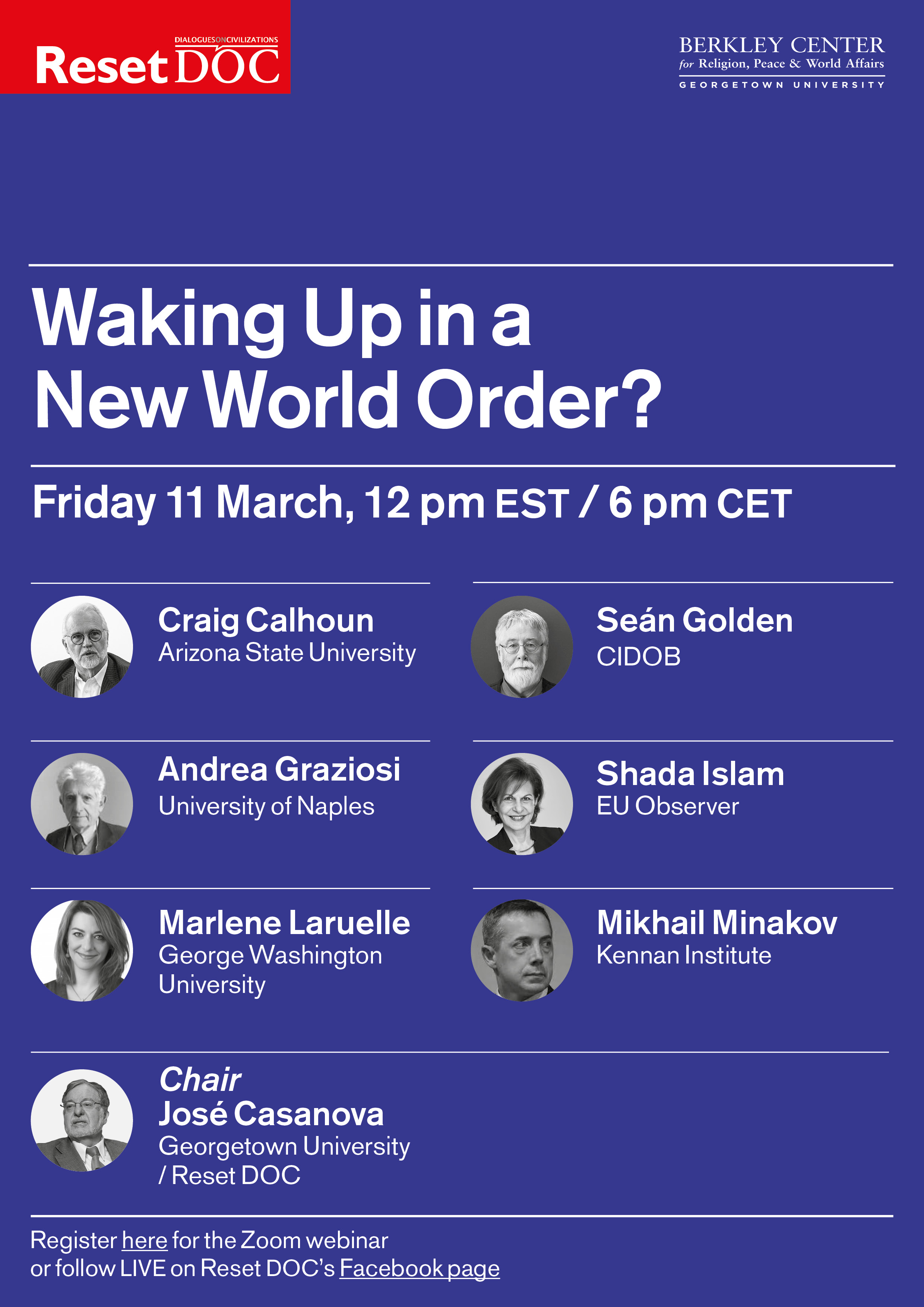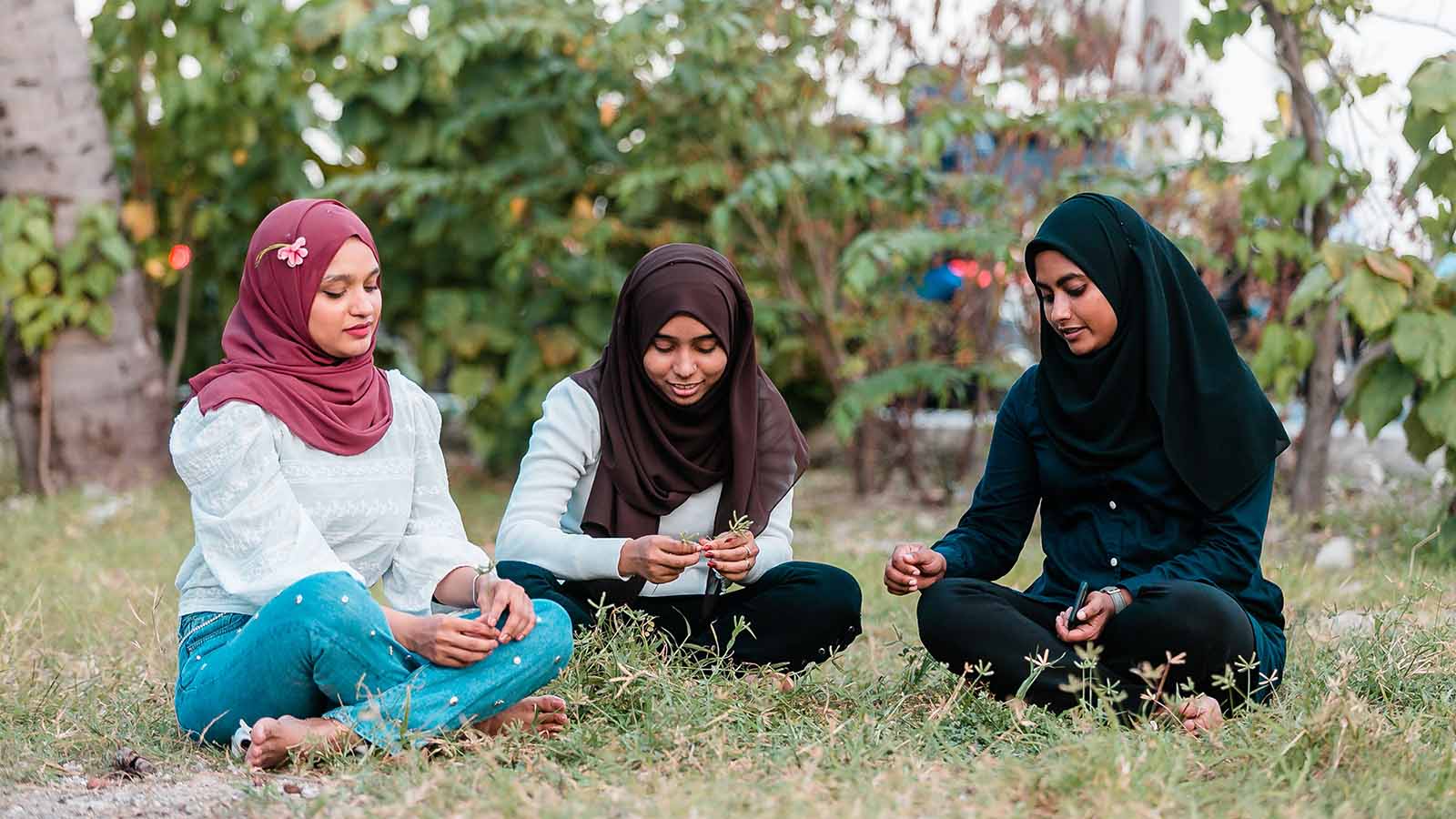January 6 marks the fourth anniversary of an unprecedented attack on the United States Capitol and American democracy. Far more than advancing “the lie” about a stolen 2020 election, the insurrectionists of January 6 presented the world with an alternative understanding of America, one arising from fears of white replacement and steeped in Christian nationalist ideas and imagery. Despite being the only twice impeached U.S. president and a convicted felon, Donald Trump not only won the last election, but also gained majorities in both the Senate and the House and made inroads into Asian, Black, and Latino American communities that typically vote Democrat. These facts should prompt us to reframe January 6 not as a shameful setback for MAGA, but as a catalyst for the movement’s onward march. To what kind of America will Trump 2.0 take us? This is where a comparative lens can be useful.
Regions
PublicationsAsia
This volume assembles renowned scholars to address, for the first time, the relationship between minorities and populism in South Asia and Europe from a critical perspective.
Videos Asia
How can the relationship between the State and civil society be undestood in a Chinese perspective? Runya Qiaoan gives her assessment in this video-interview shot on the margins of Reset DOC’s 2022 Venice Seminars, “Between State and Civil Society: Who Protects Individual Liberties and Human Dignity?”
ConveningAsia
Join us on Thursday March 7th at 8 am EST / 2pm CET / 6:30pm IST to dissect the implications of Modi’s triumphalism, the erosion of India’s federal system, and how will this impact India’s international aspirations after India’s upcoming elections.
Join us online for a momentous virtial roundtable on Friday 11 March at 12pm EST / 6pm CET – With José Casanova, Craig Calhoun, Sean Golden, Andrea Graziosi, Shada Islam, Marlene Laruelle, Mikhail Minakov
Robert W. Hefner will join Berkley Center Senior Fellow José Casanova to discuss the background to and aftermath of his major work Civil Islam: Muslims and Democratization in Indonesia (2000) and the promises and limitations for democratization in Muslim-majority countries two decades later.


